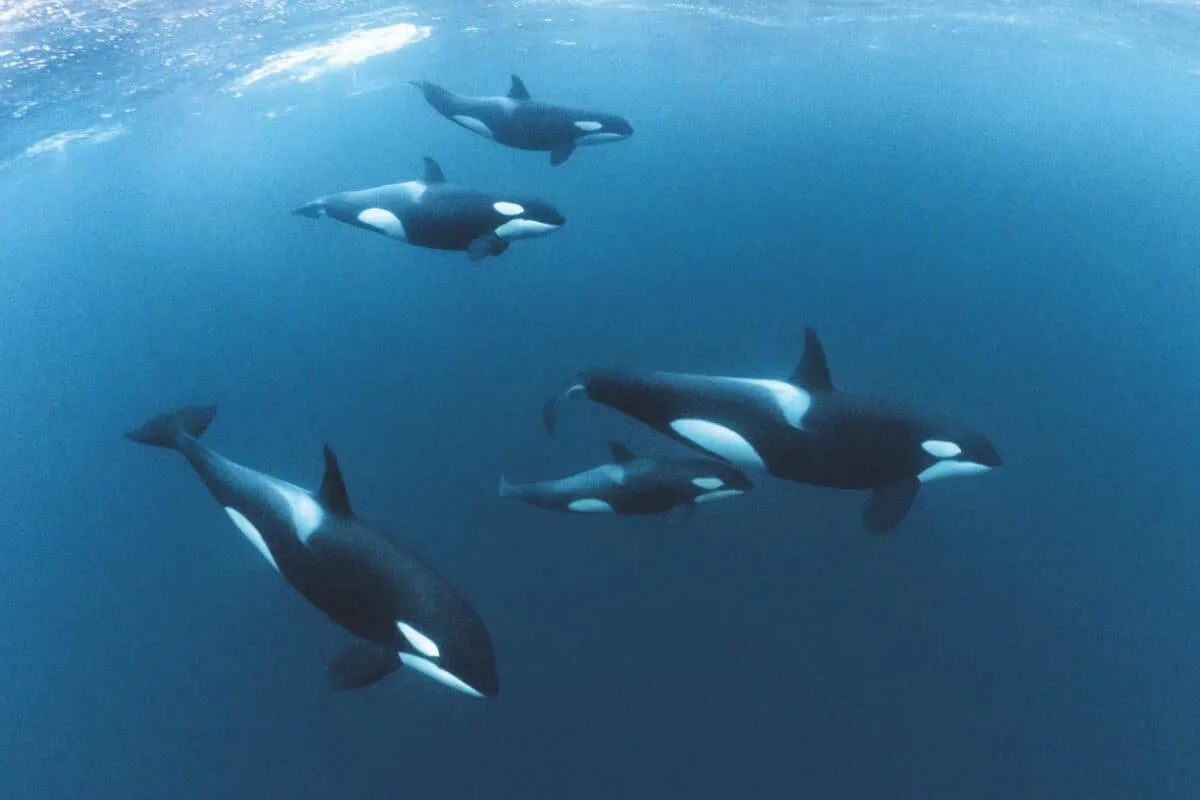Welcome to the reasons behind the killer whale mystery.
Introduction

In recent years, there has been a surge in reports of killer whales attacking boats around the world. These incidents have puzzled scientists and sparked widespread curiosity. Recently, researchers have made significant progress in understanding the reasons behind this unusual behavior.
Rise in Killer Whale Attacks
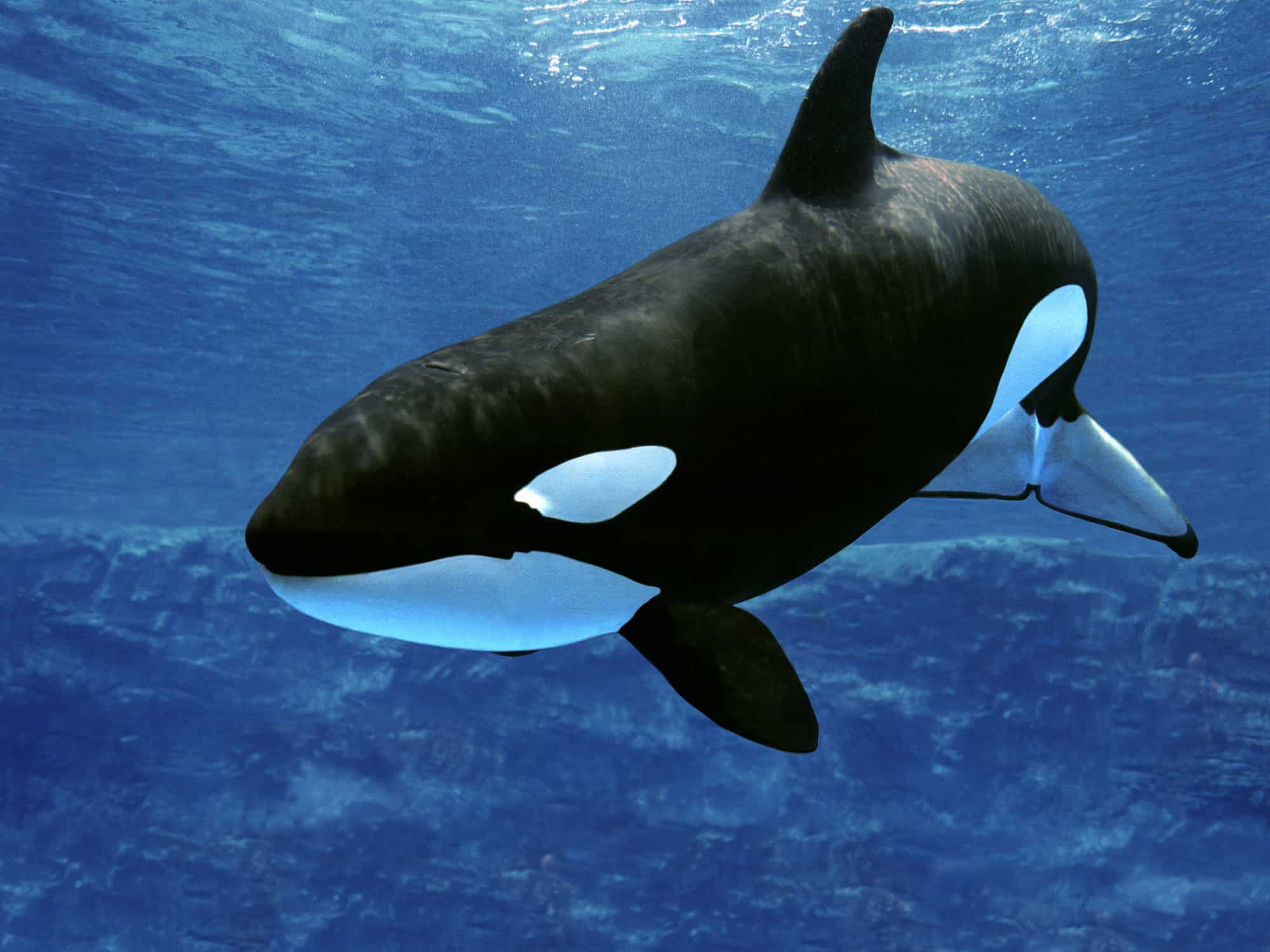
Killer whale attacks on boats have been recorded in various parts of the world, from the coasts of Europe to the waters of North America. These attacks have involved orcas ramming into boats, damaging rudders, and in some cases, causing boats to sink. The frequency and intensity of these encounters have raised concerns among sailors and marine biologists alike.
Possible Explanations for the Behavior
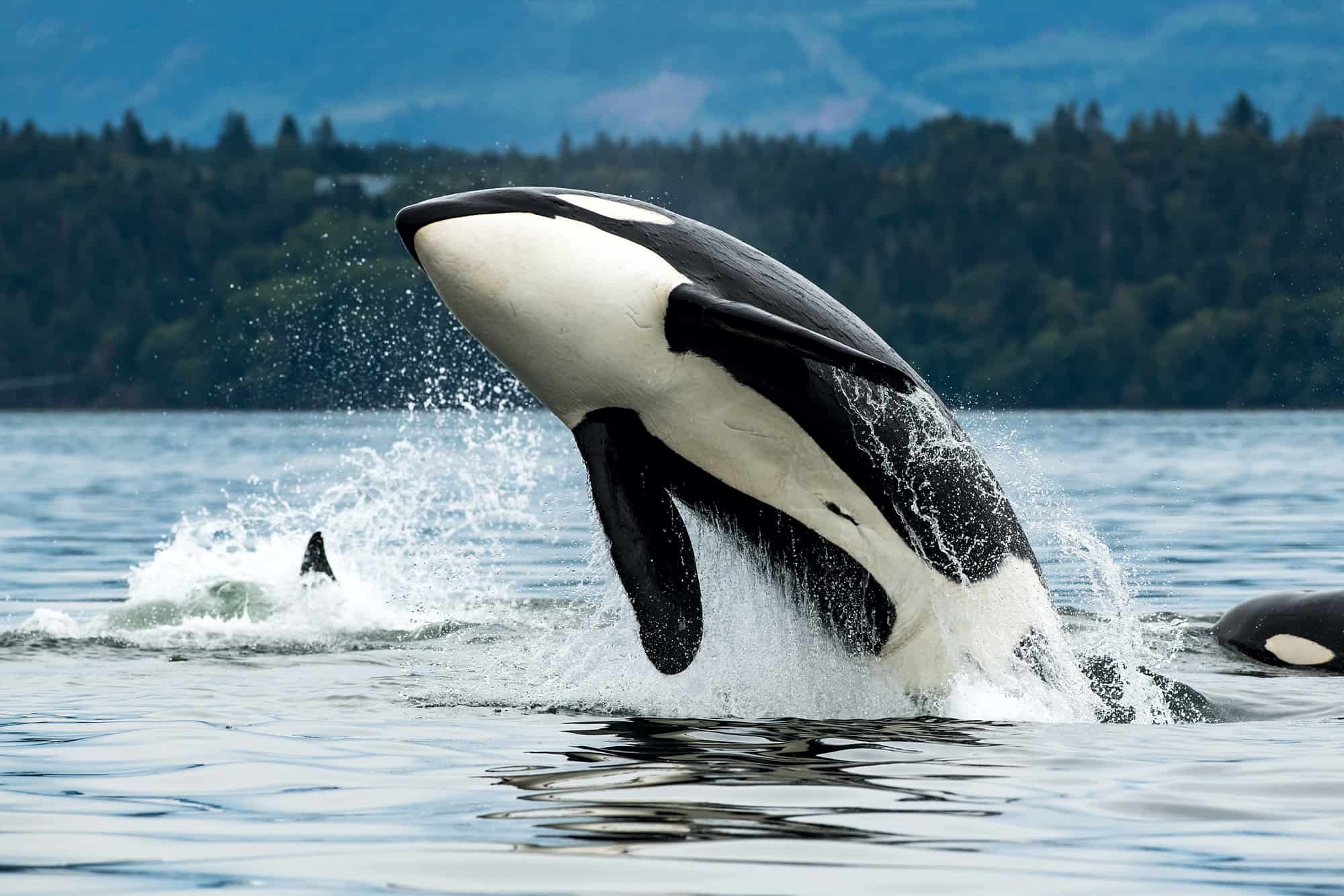
Researchers have proposed several theories to explain why killer whales are exhibiting such aggressive behavior towards boats. One leading theory suggests that these attacks could be a form of play or social interaction among the whales. Killer whales are known for their high intelligence and complex social structures, and it is possible that they view boats as intriguing objects to interact with.
Another Theory
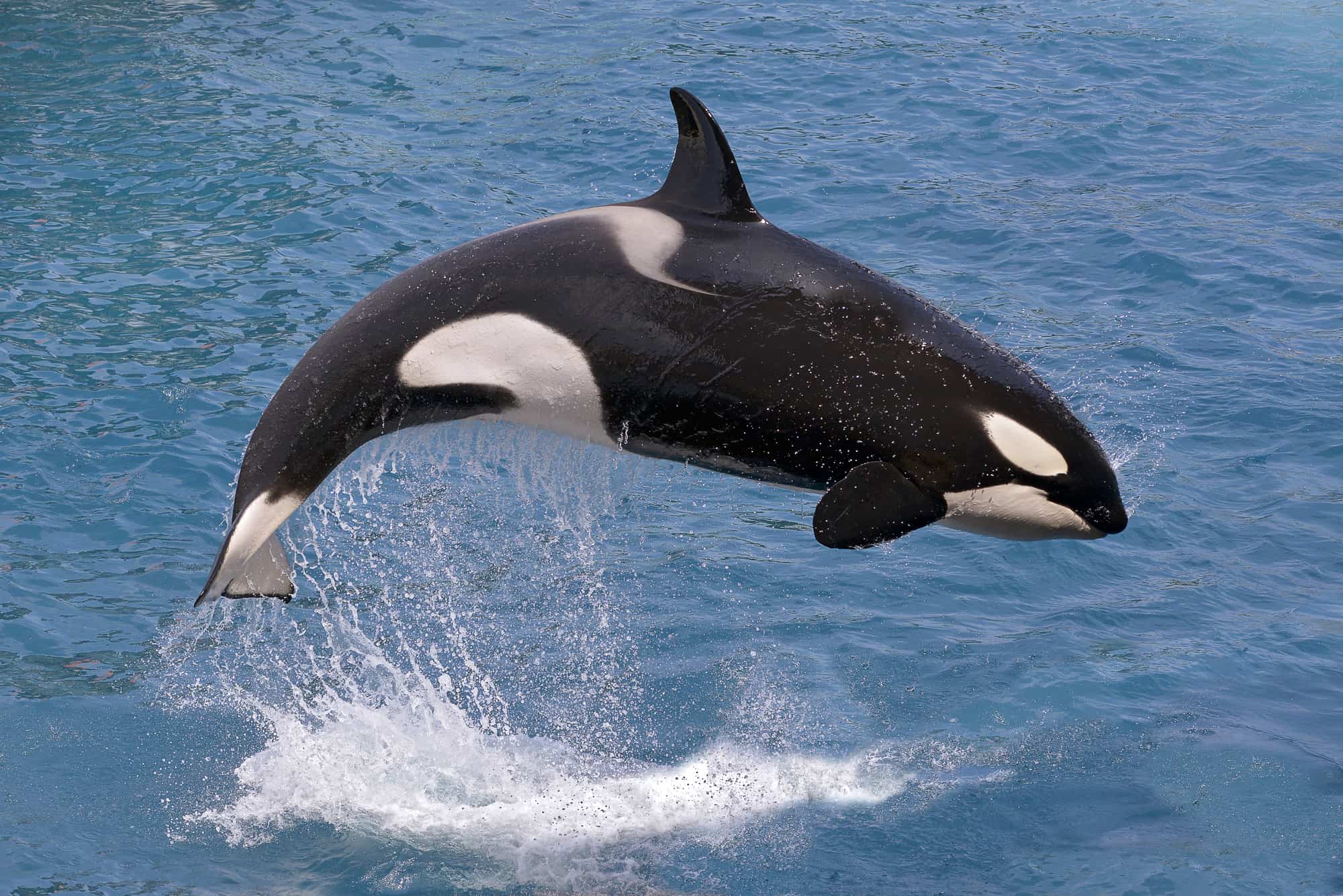
Another theory posits that the attacks might be a learned behavior that has spread through whale populations. Observations indicate that young orcas are particularly involved in these incidents, suggesting that they might be mimicking the actions of older, more experienced whales. This social learning aspect is critical in understanding the propagation of this behavior.
Impact of Environmental Stressors

Environmental factors could also be contributing to the aggressive behavior of killer whales. Changes in ocean conditions, such as rising temperatures and shifts in prey availability, might be causing stress among orca populations. These stressors could lead to increased aggression and territorial behavior, manifesting in attacks on boats.
Conservation and Safety Measures

Understanding the reasons behind these attacks is crucial for developing effective conservation strategies and ensuring the safety of maritime activities. Researchers emphasize the importance of monitoring killer whale populations and their behavior closely. Efforts are being made to educate sailors on how to respond to orca encounters to minimize risks and avoid provoking the animals.
Conclusion
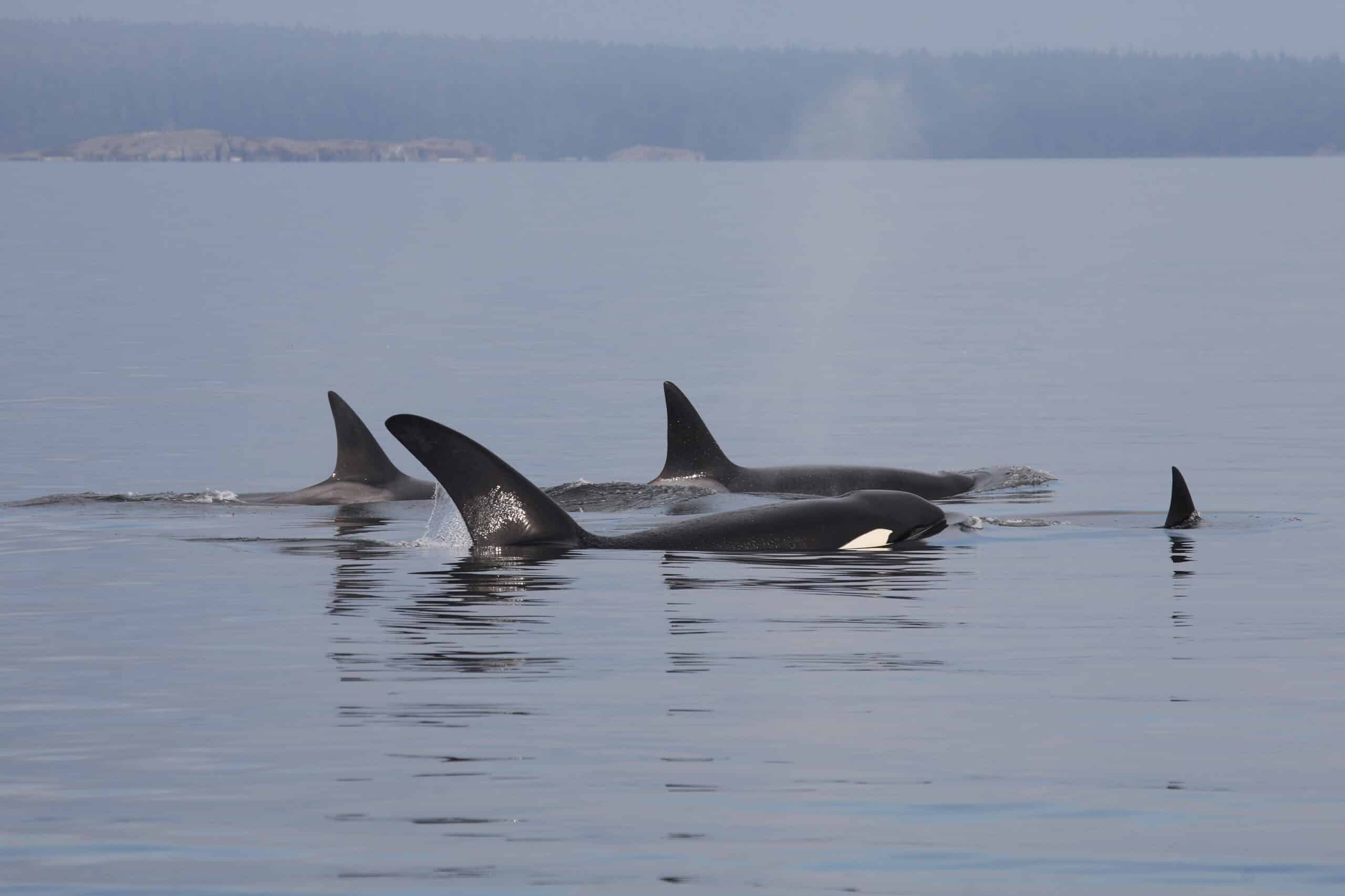
The mystery of why killer whales are attacking boats is gradually being unraveled by scientists. While several theories are being explored, it is clear that this behavior is influenced by a combination of social, environmental, and possibly playful factors.
Continued research and awareness are essential to mitigate these encounters and protect both human and marine life.
Join our Forum for free today!

- 7 Animals That Hibernate - July 26, 2024
- 15 Loudest Animals In The World - July 25, 2024
- 13 Animals That Kill Humans Often - July 25, 2024

